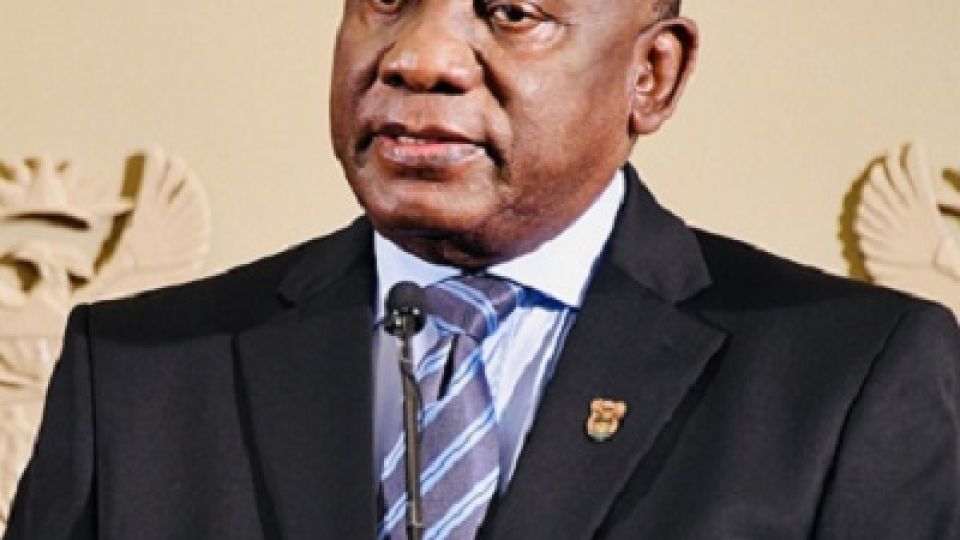by TINTSWALO BALOYI
JOHANNESBURG, (CAJ News) – PRESIDENT Cyril Ramaphosa says the South African government would retain the Broad-Based Black Economic Empowerment (B-BBEE) scheme despite some newly-announced regulations.
There has been concern after the National Treasury last week published the new Preferential Procurement Regulations.
“Government remains wholly committed to transformation and empowerment as envisioned in the Constitution,” Ramaphosa stated.
“Some people, for their own reasons, have mischaracterised the purpose and effect of the new regulations,” the president added in his weekly letter.
He said some commentary had claimed that the government was back-tracking on its commitment to broad-based black economic empowerment.
“This claim is far from the truth,” Ramaphosa said.
The new regulations fulfil an order of the Constitutional Court last year declaring that the preferential procurement regulations from 2017 are illegal, and requiring that the Minister of Finance replace them within 12 months, the president explained.
“Some of the commentators on this matter neglect to mention that the crux of the judgment is the scope of Ministerial powers to make preferential procurement regulations,” Ramaphosa said.
According to Ramaphosa, these regulations now fully comply with Section 217 of the Constitution in that they empower organs of state to develop and implement preferential procurement policies when contracting for goods and services.
These regulations are an interim measure pending the enactment of the Public Procurement Bill, which the National Treasury will soon submit to Cabinet and Parliament.
“The Public Procurement Bill will maximise both value-for-money and preferential procurement objectives to enable the delivery of services and transformation,” Ramaphosa stated.
He said the new regulations have no effect on the B-BBBE Act, as all organs of state must fully comply with this Act when developing their procurement policies.
“This Act remains in force as one of the most transformative pieces of legislation to come out of democratic South Africa,” said Ramaphosa.
– CAJ News

